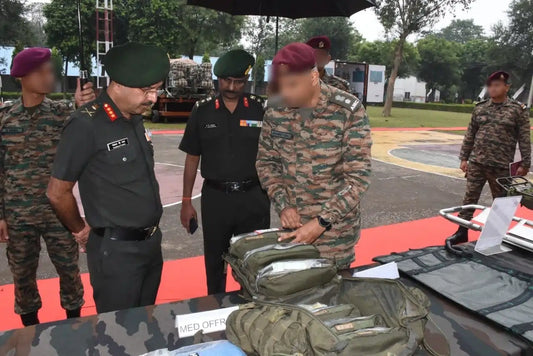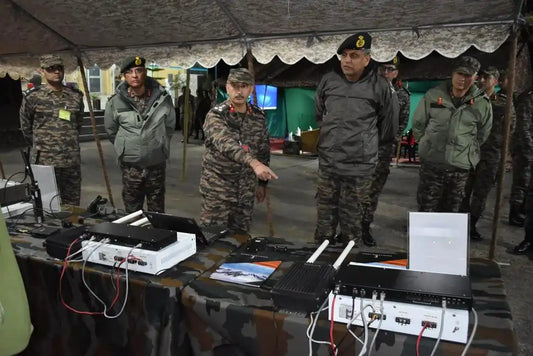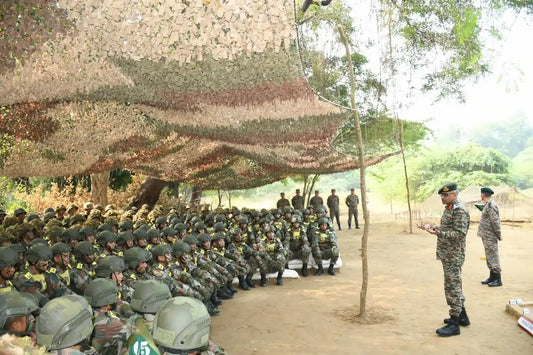Lt Gen Anoop Shinghal Assesses Technological Enhancements at Madras Regimental Centre
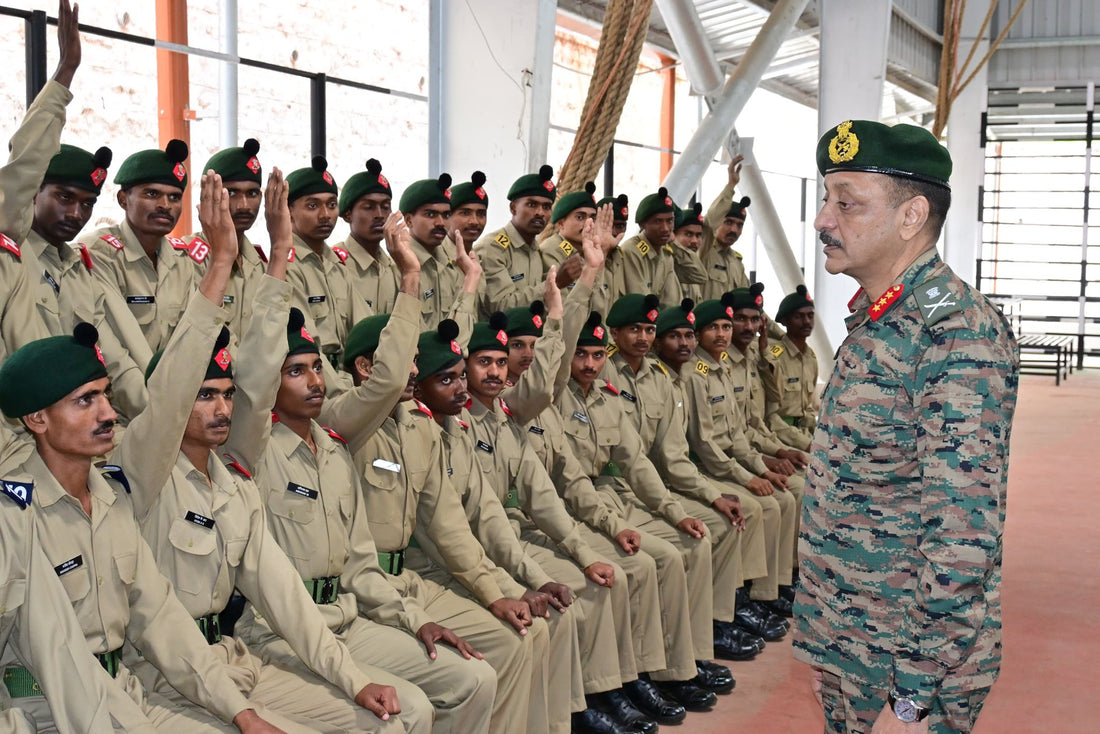
Lt Gen Anoop Shinghal, AVSM, SM, the Director General of Recruiting for the Indian Army, recently conducted an inspection of the Madras Regimental Centre in Wellington to evaluate the latest developments in military training facilities.
During his visit, Lt Gen Shinghal received an in-depth briefing on the enhanced amenities utilized for training Agniveers, soldiers who have been recruited under the Agnipath scheme initiated in 2022. With an expected training milestone of over 100,000 Agniveers across the nation by the end of 2024, the Madras Regimental Centre is pivotal to India's military transformation. Founded in 1794 and relocated to Wellington in 1947, the centre is one of the country's oldest regimental institutions, and its heritage museum offers substantial insights into the history and evolution of military training in India.
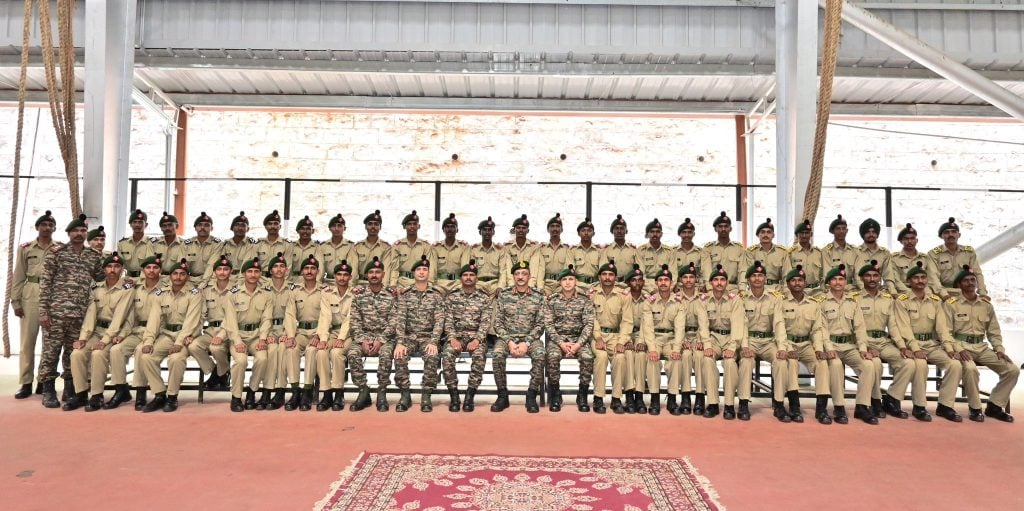
Accompanied by senior officers, Lt Gen Shinghal was briefed by the centre's Commandant on various aspects, including training methodologies, recruitment progress, and the incorporation of simulation and data-driven tools for skill enhancement. He engaged with the Agniveers currently undergoing training and motivated them to adhere to the high standards of the regiment and the Indian Army. Lt Gen Shinghal praised the centre's efforts in advancing its capabilities to meet the demands of contemporary warfare.
A study conducted by the Institute of Defence Studies and Analyses (IDSA) reveals that the integration of advanced training technologies has led to a 30% improvement in training outcomes. The Army's focus on such innovations is designed to equip soldiers for dynamic battlefield scenarios, emphasizing quicker decision-making, adaptability, and readiness for missions.
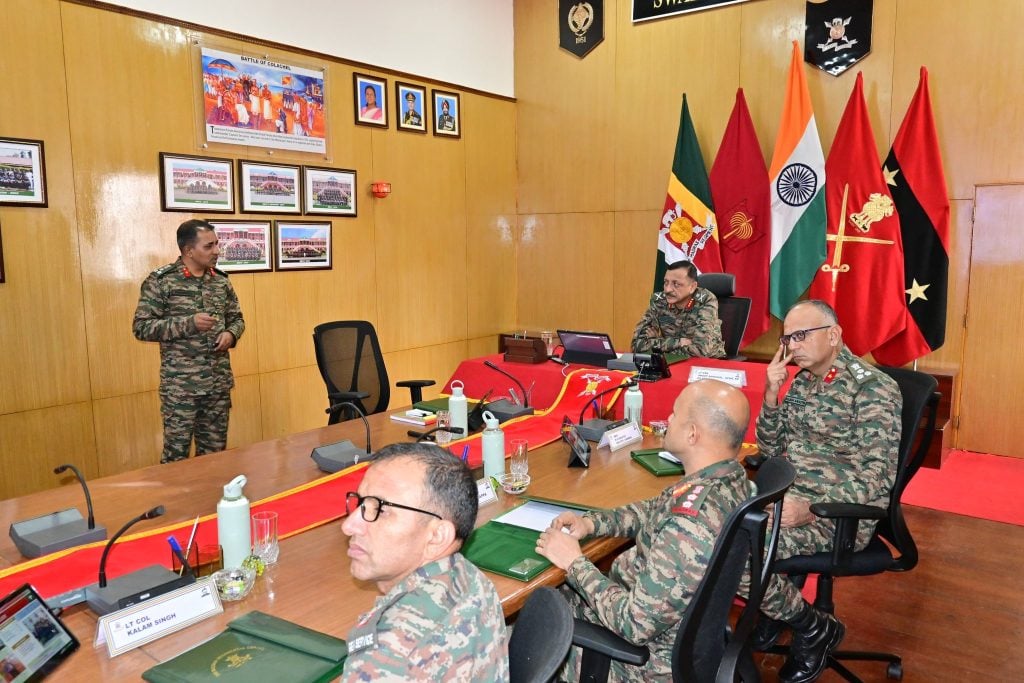
The visit by Lt Gen Shinghal signifies the Army's dedication to preparing its latest recruits by blending time-honored regimental values with cutting-edge training techniques. It also highlights the Indian Army's larger initiative to modernize its personnel capabilities, addressing the evolving challenges in both regional and global security landscapes.
